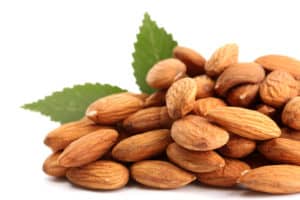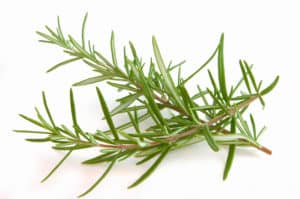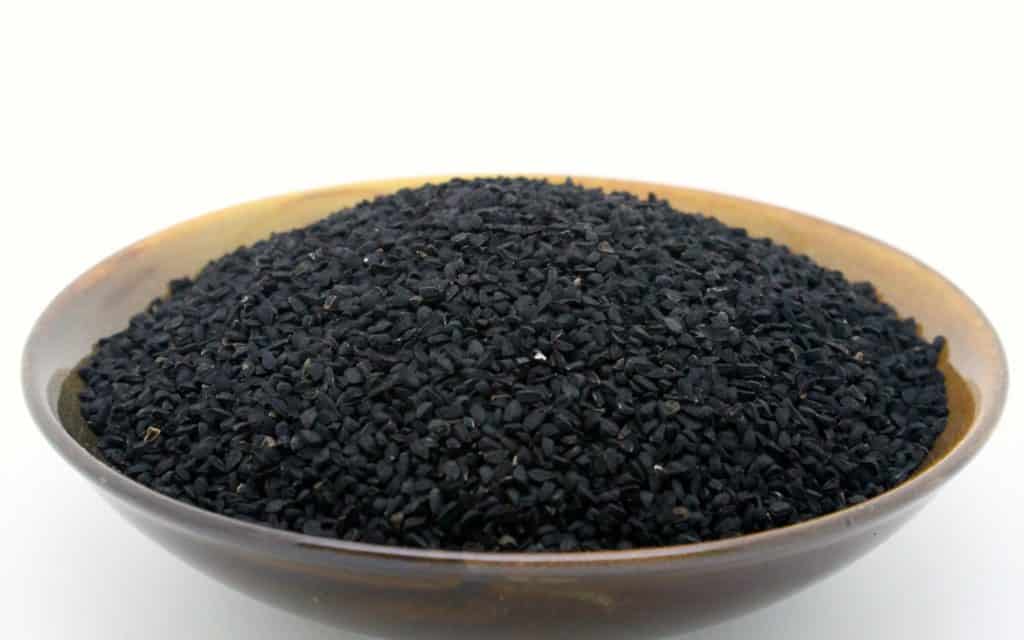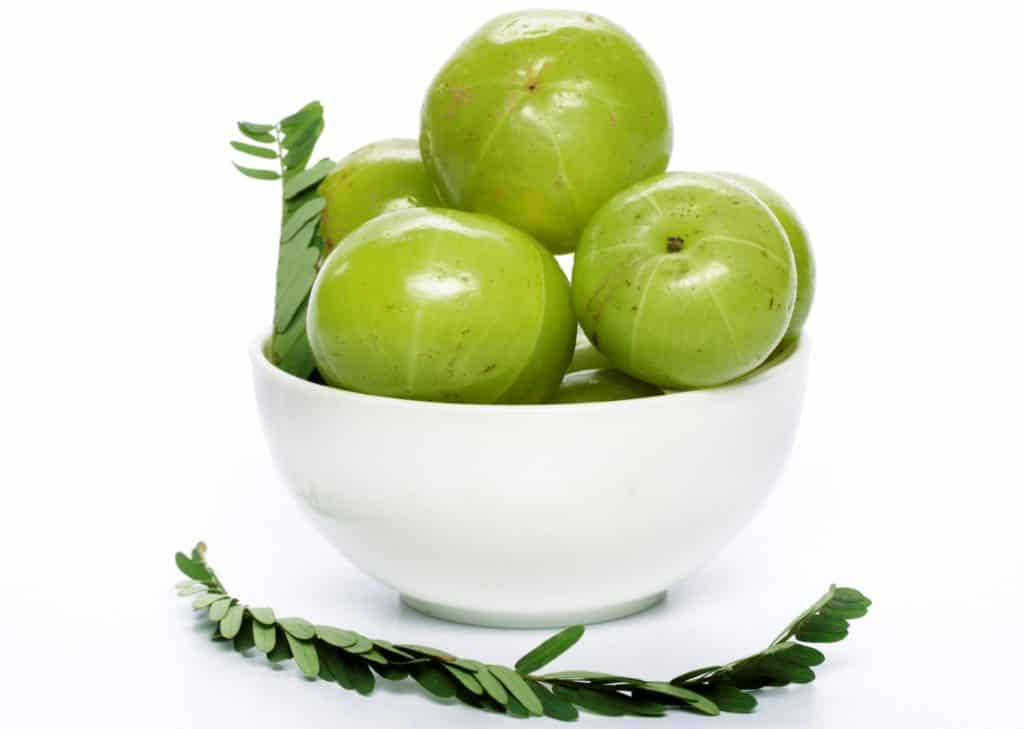Do you often find yourself saying, “Yesterday I put my car keys or my cell phone somewhere, but I can’t remember where”? Do you write down a grocery list and forget what it said? Or do you plan a get-together with friends days before the event and then can’t remember when it happened? These are very common problems for many people and can make everyday life challenging.
If you are one of those people who have trouble remembering things, don’t worry. In this article, you will discover nine simple and effective ways to improve your memory and keep your mind sharp.
What causes memory loss?
As the population ages, memory problems have become increasingly common. Several factors affect memory, including lack of sleep, stress, depression, and nutritional deficiencies, especially of B vitamins. Thyroid problems, both overactive and underactive, can also play a role. In addition, lifestyle choices, such as lack of exercise, excessive alcohol consumption, smoking, and drug or medication use, play a role.
Specific conditions, such as dementia and Alzheimer’s, also cause memory loss and require specialized treatment. Experts have discovered that memory is crucial to humanity, functioning as a library of information and experiences that we see every day. Like a neural supercomputer, memory has unlimited capacity. Fortunately, there are many simple ways to improve memory problems, from home remedies to lifestyle changes.

1. Almonds
Since childhood, many people have heard that almonds are good for memory. This idea, which seemed like a superstition, actually has a scientific basis. Studies show that the protein contained in almonds provides energy and helps repair brain cells. In addition, they are a source of zinc, which protects brain cells, and vitamins B6 and E, which slow down brain aging. Include almonds in your diet as a snack, or use them in the form of milk or butter.

2. Rosemary
Rosemary is a medicinal herb that has been used for centuries to help improve memory. Studies show that rosemary essential oil increases concentration and mental processing speed. The active compound 1,8-cineole in rosemary increases acetylcholine, a neurotransmitter in the brain responsible for memory. Use rosemary as a seasoning or make a tea. Warning: do not consume the essential oil pure!

3. Black Seed
Also known as Nigella sativa or black cumin, this seed is gaining attention for its brain health benefits. Studies indicate that regular consumption of black seeds can improve memory, attention, and perception, thanks to their antioxidant and anti-inflammatory properties. Combine black seed oil with honey to experience the benefits.

4. Indian Gooseberry (Amla)
Indian gooseberry, also known as amla, is a fruit used in Ayurvedic medicine to strengthen the nervous system and improve memory. Rich in vitamin C, gooseberry can also combat diseases such as Alzheimer's. It can be consumed in powder form mixed with honey or in natural supplements.

5. Brahmi
Bacopa monnieri, also known as Brahmi, is an Ayurvedic herb used to revitalize the brain and reduce stress. Studies have shown that Brahmi can improve memory and reduce anxiety. It can be consumed as a tea, supplement, or mixed with ghee. Consult your doctor before using, especially if you are taking other medications.

6. Fish Oil
Saltwater fish like salmon, trout, and mackerel are great for your brain because they contain DHA, an omega-3 fatty acid that’s essential for brain function. Research shows that regular consumption of fish oil can improve memory and prevent diseases like Alzheimer’s. For those who don’t eat fish, fish oil supplements are a good alternative.

7. Coconut Oil
Coconut oil is rich in medium-chain triglycerides, which provide energy to the brain in the form of ketones. While more research is needed to confirm its specific benefits for memory, coconut oil is a healthy fat that can be used in a variety of recipes and can contribute to overall health.

8. Cinnamon and Honey
The combination of cinnamon and honey can relieve stress and improve memory. Studies show that the smell of cinnamon increases alertness and cognitive function. Mix honey and cinnamon and consume daily to reap the benefits.

9. Ginkgo Biloba
Ginkgo biloba is a plant traditionally used to improve memory, as it increases blood circulation to the brain. It is especially useful for people with dementia or Alzheimer's. For healthy adults, it can be taken in doses of 120 to 600 mg per day, but always under medical supervision.
Additional Tips for Improving Memory
- Maintain a balanced diet rich in vitamins and minerals.
- Replace trans fats with healthy fats, such as olive oil and fish.
- Include herbs and spices, such as turmeric and green tea, in your diet.
- Exercise regularly to stimulate oxygen flow to the brain.
- Get a good night's sleep to allow your brain to function at its peak capacity.
- Find ways to cope with stress, such as writing, talking to friends, or practicing yoga and meditation.
Maintaining brain health is essential to preserving memory. If problems persist even after following these tips, consult a doctor.


